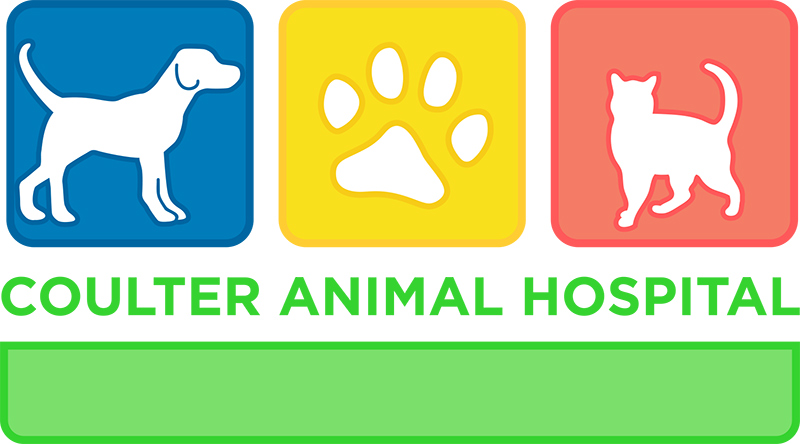Uncover the 5 Hidden Pet Hazards Lurking in Your Home
During National Animal Poison Prevention Week (March 19-25), our team would like to spread awareness about a few of the most commonly known toxic household items that can harm our pets.
#1: Medications
Common household hazards, such as medications, pose a huge risk for our furry friends. Food-motivated dogs are particularly susceptible to these dangers and may quickly snatch up dropped pills or raid the countertop if an opportunity arises. Ingesting even one pill can be fatal for pets, so it is important that those with pets contact an animal poison control hotline right away in the event of a medication overdose.
#2: Food
Your kitchen may be your pet’s paradise! Unfortunately, many of the tasty delights within the kitchen can present serious health risks ranging from kidney failure and seizures to alcohol poisoning. Therefore, it is crucial that you prevent access to chocolate, macadamia nuts, xylitol, avocados, unbaked yeast dough, alcohol grapes, and raisins in order to protect your furry family member. To ensure this safety measure remains successful for all pets, old or new, consider investing in a locking trashcan – as even inquisitive noses deserve protection.
#3: Household chemicals
To keep your pet safe and healthy, it is essential to make sure all of the chemicals in your home are locked away from them. Common household substances such as those listed below can cause serious harm if consumed by your furry friend:
- Cleaning products
- Disinfectants
- Aerosol air fresheners and other products
- Candles
- Antifreeze
- Windshield washer fluid
- Paint
- Glue
- Nail polish remover
#4: Houseplants
Houseplants, and the fertilizers that keep them healthy, are often poisonous to our furry friends. Lilies, in particular, have been known to be lethal for cats when they come into contact with even just their pollen. Other plants such as dieffenbachia, elephant ear, and spider plants can also prove hazardous if ingested by pets. Furthermore, a number of outdoor blooms like ivy and oleander should also not be brought near your pet unless you want to put them at risk of being poisoned. To make sure your greenery is safe for all members of the family – two-legged or four-legged – check out ASPCA’s toxic plant list before making any purchases!
#5: Batteries and coins
Ingesting batteries or coins can be toxic and even fatal for your pet. If they chew through or puncture a battery, there is the potential for chemical burns to occur. Additionally, intact batteries swallowed whole may cause an obstruction in their gastrointestinal tract.
If you think your pet has been in contact with a toxic substance, contact our team immediately.
